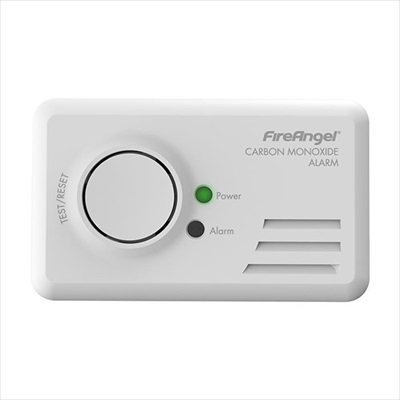Carbon Monoxide and Boilers/Heating Appliances – What You Need to Know
FreeHeating Blog - 23rd April 2019
Carbon monoxide gas is called the “silent killer”, as it is undetectable without an alarm. You can’t smell it and you can’t taste it so this article will reveal the signs of carbon monoxide poisoning, and also tell you how you can prevent it from happening.
Carbon monoxide (also known as CO) is a very poisonous substance and is produced when fuels like gas or oil fail to burn to completion. In a boiler for example, this can happen if there is insufficient oxygen available for all of the gas in the combustion chamber to be burnt. You have carbon monoxide being produced where there is poor ventilation, or in cases where appliances are not being maintained properly.

Here are the symptoms to look out for:
- Nausea
- Vomiting
- Headaches
- Dizziness
- Breathlessness
- Collapse
- Loss of consciousness
You must also switch off all fuel-based appliances, open windows and doors, and vacate the property immediately. Then you would need to call out an emergency engineer.
Aside from the symptoms that people can suffer from, there are also other warning signs around the home to be aware of:
- Does the pilot light blow out frequently?
- Has your boiler’s flame turned from blue to yellow or orange?
- Do your windows have more condensation than usual?
- Is there any unusual dark staining on or around your appliances?
You can prevent carbon monoxide from becoming a problem by making sure your chimneys, flues and vents are free from obstruction or degradation. Also, your boiler or heating appliances should be serviced regularly by a Gas Safe-registered engineer. It is also imperative that you have a carbon monoxide alarm fitted as a precaution. You can buy these from DIY stores.
If you are concerned about the safety of your boiler or other heating appliances, you could qualify for a grant to have them replaced. Fill in our online form to find out more.
